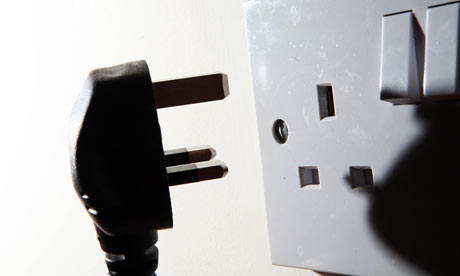
THE move by Zesa to slash residents’ debts will without doubt bring temporary relief to many struggling households, but the cost could be enormous to the economy.
Zesa on Tuesday announced it had slashed domestic debts by $160 after consultations with farmers and other stakeholders.
The move came hard on the heels of a government directive in the run-up to the July 31 election for local authorities to cancel all debts owed by residents between 2009 and June 2013.
For struggling local authorities, the impact of the directive was felt immediately as they failed to pay their workers on time owing to a liquidity crunch.
However, the full impact of this directive by the Local Government ministry is yet to be felt by the local authorities who would struggle to service loans and fund service delivery.
The government will not be bothered by how councils would recover the costs for supplying water and other services to residents since 2009.
Zesa is now in a similar predicament because the decision to slash the bills was forced upon it by politicians who do not care where the struggling power utility would get money to import electricity in future.
Bulawayo residents told Southern Eye on Wednesday that they feared the move was hardly a reprieve as it would mean increased load-shedding.
- Chamisa under fire over US$120K donation
- Mavhunga puts DeMbare into Chibuku quarterfinals
- Pension funds bet on Cabora Bassa oilfields
- Councils defy govt fire tender directive
Keep Reading
There is no doubt that Zesa does not have adequate resources to import more power at a time the country is already faced with increased load shedding.
Last year, former Energy and Power Development minister Elton Mangoma told a Parliamentary Portfolio Committee on Mines and Energy that some ministers owed between $20 000 and $100 000 in overdue electricity bills.
A number of farmers with Zanu PF links also had bills amounting to thousands of dollars.
Therefore, it is clear that the slashing of Zesa bills is not meant to benefit the ordinary poor, but those with political connections.
The directives to slash the bills, just like the forced cancellation of water bills, will only cure a symptom and in the long-run, result in serious problems for the economy at large.










